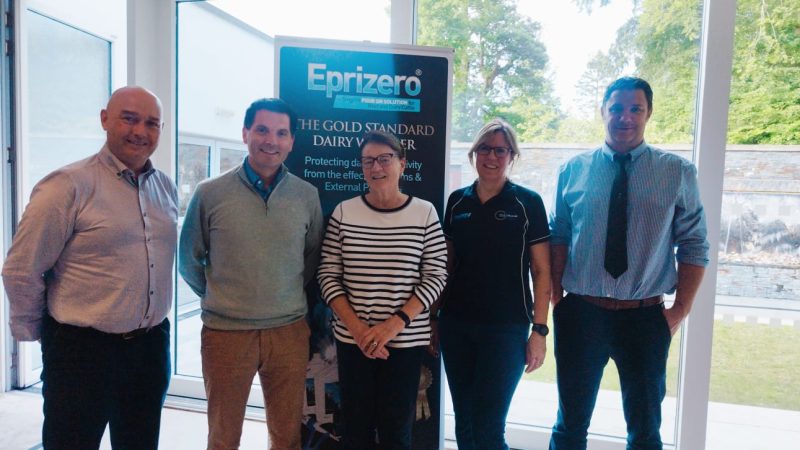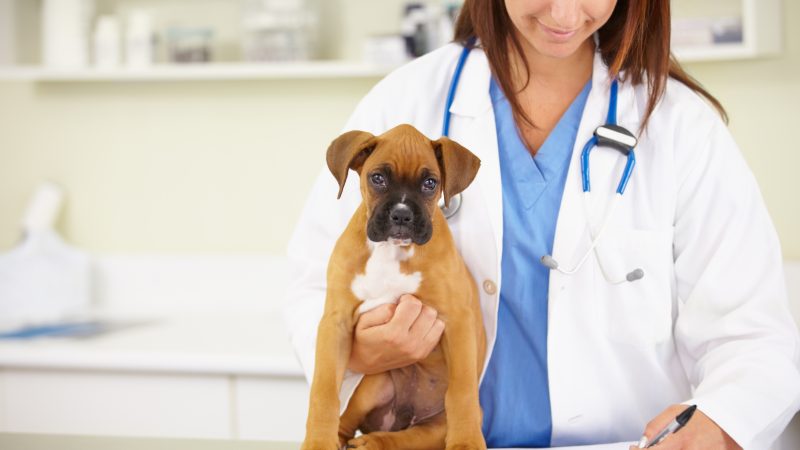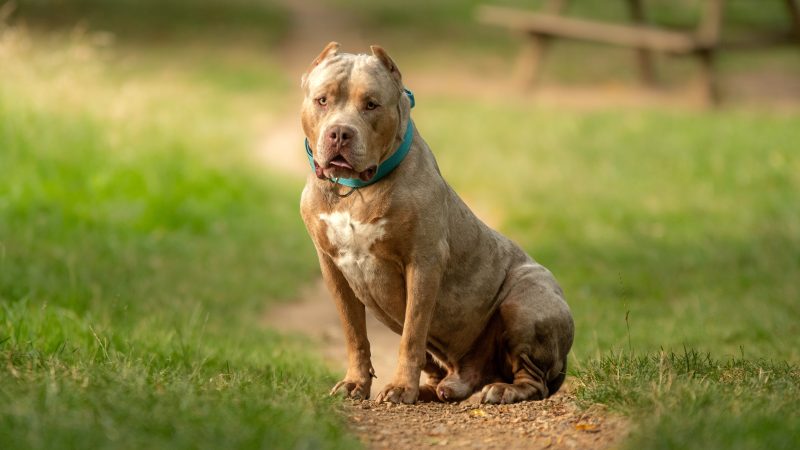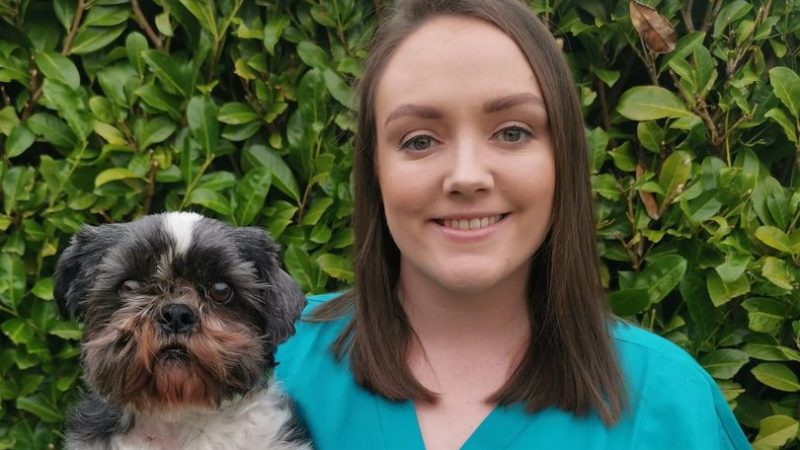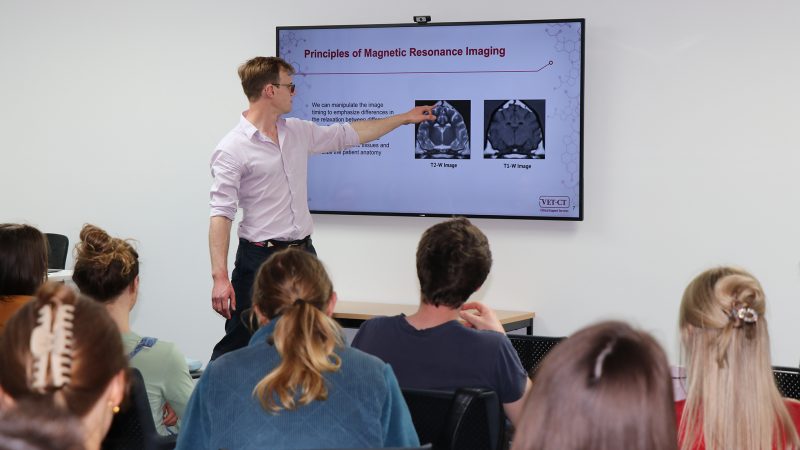Diversity strategy hopes to make veterinary work attractive to all

The Royal College of Veterinary Surgeons has launched a wide-ranging strategy to advance greater diversity and inclusion in all veterinary jobs.
The Diversity & Inclusion Group (DIG) Strategy, sets out how it hopes to help create veterinary professions where everyone can flourish, making a vocation within the veterinary world and access to it an attractive proposition free from barriers from day one.
The strategy, available at: www.rcvs.org.uk/diversity) focuses on six core areas and work streams.
- Recruitment to veterinary/ veterinary nurse education and training: including developing case studies, ambassadors and careers materials for school-age children from all backgrounds.
- Retention and support within vet and VN education: including implementing suggestions made during recent the RCVS and Veterinary Schools Council Roundtable for Black, Asian and Minority Ethnic (BAME) veterinary students.
- Recruitment within the profession: encouraging veterinary organisations and workplaces to take up recruitment awards/ standards eg Stonewall, Race at Work, and Disability Confident; helping employers understand the business, moral and societal case for diversity & inclusion.
- Retention and support within the professions: including strengthening standards regarding staff support within the Practice Standards Scheme; encouraging members of the veterinary team to attend diversity & inclusion training.
- Organisational policies and procedures: RCVS and other organisations within the DIG ensuring their policies promote and support diversity and inclusion; developing a toolkit to better support in-house conversations around diversity.
- Culture change: improving the diversity of governance/ leadership within the veterinary professions.
Dr Niall Connell, Senior Vice-President of the RCVS and Chair of the Diversity & Inclusion Group, said: “If we are losing colleagues to discrimination or just not attracting people from diverse backgrounds in the first place because they think it’s ‘not for people like them’, then we are losing out as a profession, and if we aren’t drawing on a diverse range of backgrounds, experiences, and attitudes in our work, then we are also potentially doing a disservice to our patients and clients.
‘Hard work to be done’
“It’s important to emphasise that this Strategy is a start, and not an end in and of itself. There will be lots of hard work to be done and challenging conversations to be had, and results may not be quick or immediately obvious, but I am proud that we are taking a proactive approach and not just saying ‘things will change with time’.”
Dr Mandisa Greene, RCVS President and a member of the DIG, added: “Fulfilling this Strategy will involve a lot of hard work over the coming months and years but I am glad to say that many of the activities it outlines are already underway both at the RCVS and our partner organisations, building on the pioneering work that organisations such as the British Veterinary Association, British Veterinary Ethnicity & Diversity Society, the British Veterinary LGBT+ Society, Animal Aspirations and others have been undertaking.
“On a personal level, I have also been undertaking a number of school talks and providing one-to-one mentoring to school students about veterinary careers because I think it is important that children from a wide variety of backgrounds can see me, as a Black British woman of Caribbean heritage, as a role-model for diversity within the veterinary profession and know that the professions can and should be welcoming to all.”


